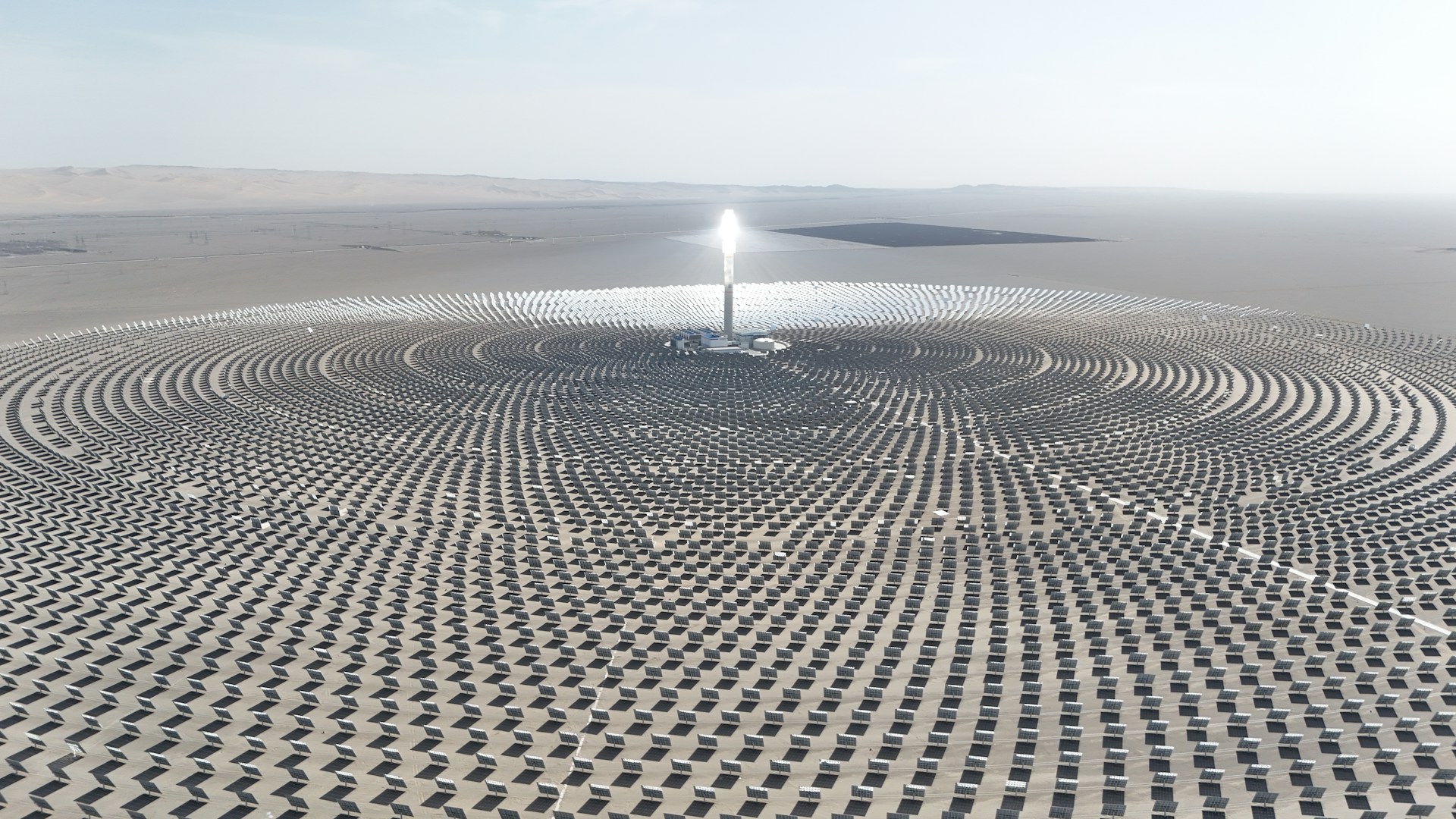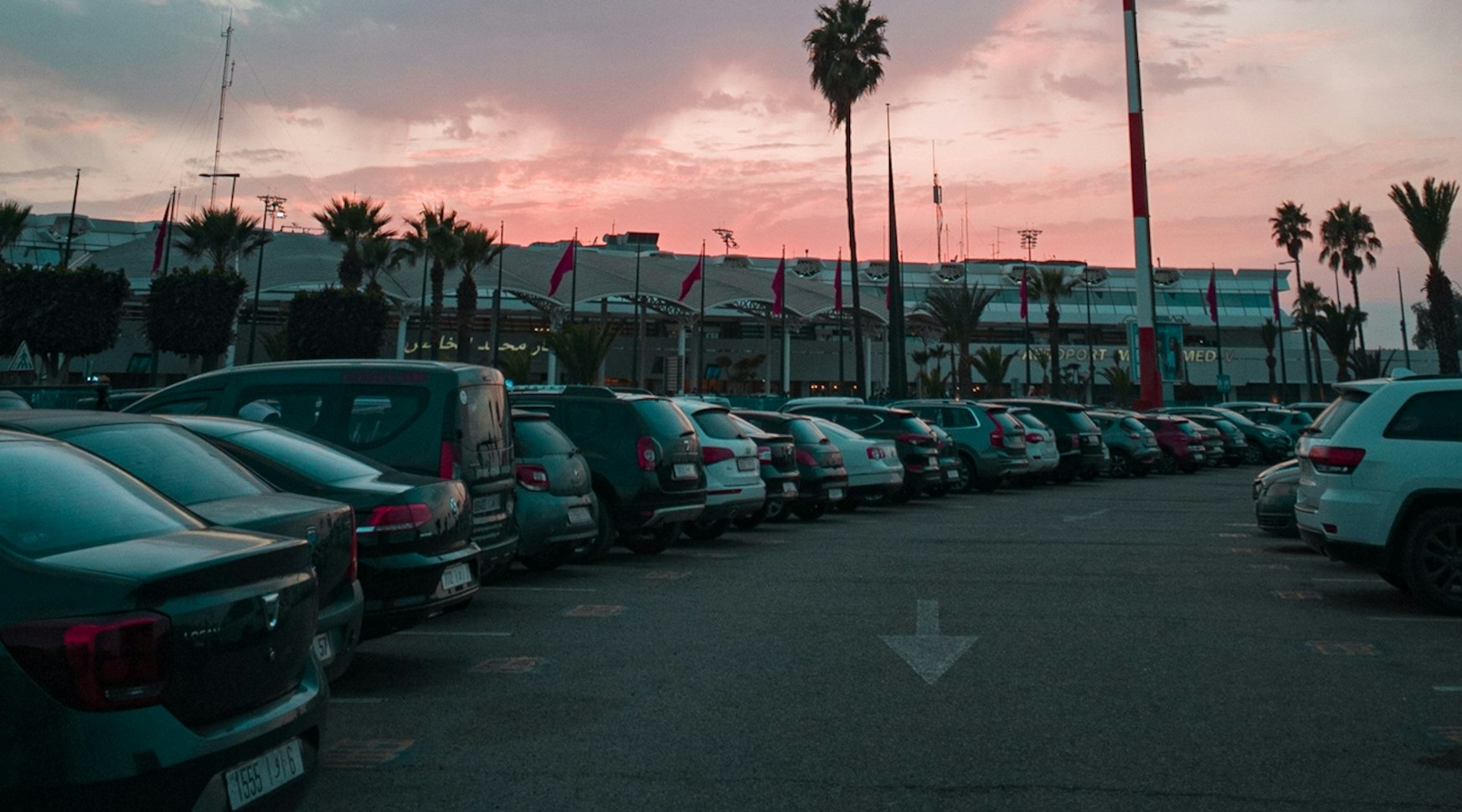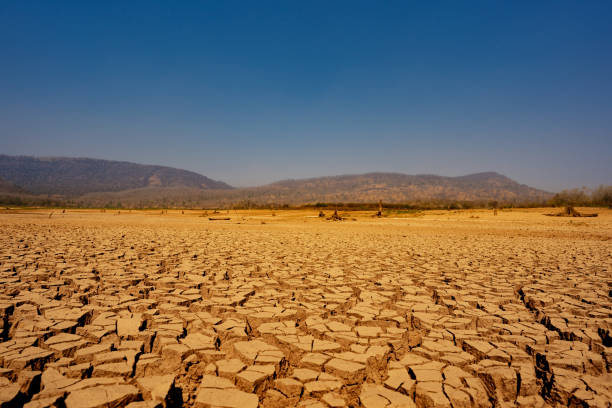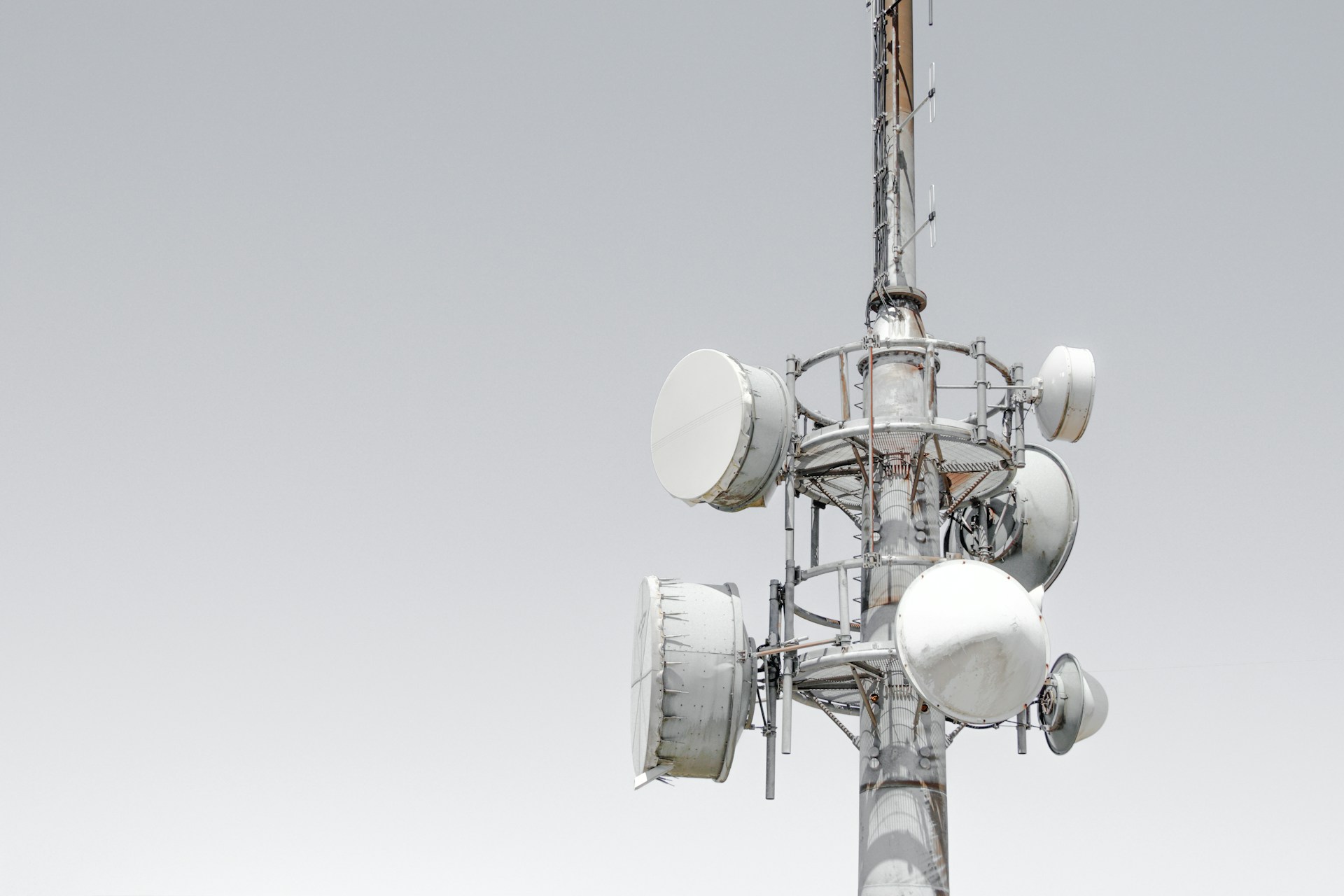Casablanca – Morocco’s renewable energy sector is undergoing a significant transformation as the country seeks to expand clean energy production amid technical, financial, and operational challenges. A recent report, Global Landscape of Energy Transition Finance 2025, published jointly by the International Renewable Energy Agency (IRENA) and the Climate Policy Initiative, highlights the difficulties facing large-scale projects, particularly those based on concentrated solar power (CSP), despite the rising global investment in renewable energy.
The report points out that Morocco’s thermal solar projects are increasingly competing with photovoltaic (PV) systems paired with battery storage, which are considered a faster, more cost-effective alternative. This trend is reshaping the development of the country’s flagship renewable energy initiatives.
Among the most notable projects, the Noor Ouarzazate plant, with a capacity of 150 MW, experienced repeated technical failures and storage system collapses in 2024. These problems resulted in an estimated nine months of operational downtime and financial losses of approximately $47 million. The setbacks at Ouarzazate underscore the challenges faced by CSP technology, particularly in managing thermal storage and complex operational demands.
The report also examined the Noor Midelt project, which has an 800 MW capacity and has encountered significant construction delays. Negotiations are currently underway to modify the project’s original design based on CSP technology, replacing it with PV units and/or battery storage. This shift is intended to reduce costs, accelerate implementation, and improve the project’s financial viability.
For Noor Midelt 2 and 3, the projects were advanced in 2024 as PV-plus-battery initiatives, abandoning the originally planned hybrid CSP-PV approach. According to analysts, these changes reflect a broader strategic move in Morocco toward solar technologies that are more mature, rapidly deployable, and less expensive, even in projects initially designed to rely on CSP and thermal storage.
The report emphasizes that international financing has played a critical role in supporting renewable energy projects in the region. Between 2014 and 2018, the Middle East and North Africa (MENA) region, including Morocco, saw a notable increase in impact-driven investments, primarily provided by multilateral development banks and European financial institutions. These funds focused heavily on PV projects, which are increasingly favored for their cost-effectiveness and scalability.
Overall, renewable energy investment in the MENA region grew by 62% between the 2022–2023 average and 2024, reaching $21 billion—equivalent to 2.6% of total global renewable energy flows. Despite this growth, the report stresses that the region must substantially increase investments to meet global energy transition targets.
Experts note that Morocco’s energy sector faces multiple strategic challenges. One of the most pressing is the need to adapt regulatory and financial frameworks to keep pace with rapidly evolving technologies. This includes ensuring energy security through advanced storage solutions while managing the operational risks associated with pioneering projects, particularly large-scale CSP initiatives.
In addition, the ongoing shift toward PV and battery storage reflects the global trend of prioritizing renewable technologies that offer faster deployment and lower overall costs. While CSP remains a valuable option due to its thermal storage capabilities, the higher complexity and cost of CSP projects have led Morocco to favor hybrid and PV-only solutions for new developments.
The strategic pivot is also expected to influence the planning and financing of future renewable energy projects across the country. By adopting more mature technologies, Morocco aims to accelerate its clean energy transition, reduce financial risks, and enhance the resilience of its energy infrastructure.
While Morocco continues to attract global investment in renewable energy, the sector faces significant operational and financial hurdles. The success of the country’s ambitious clean energy plans will depend on its ability to integrate advanced technologies, secure sufficient financing, and effectively manage the risks inherent in large-scale renewable projects.
















